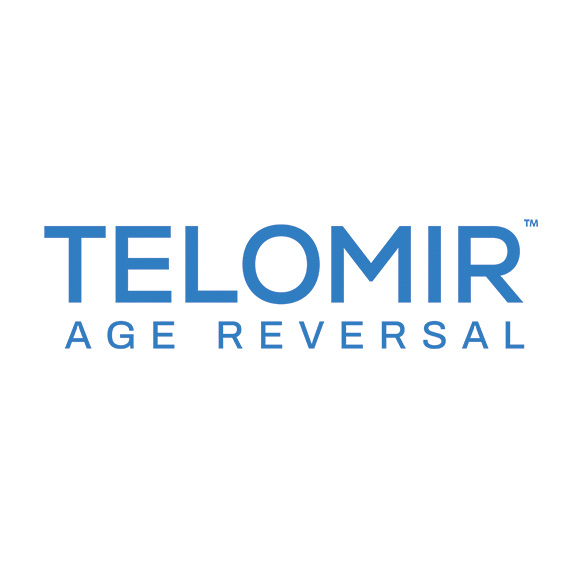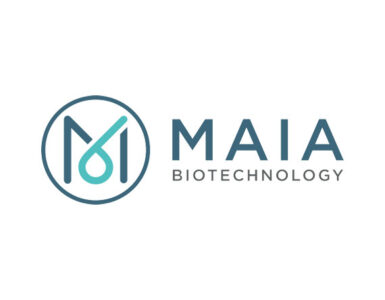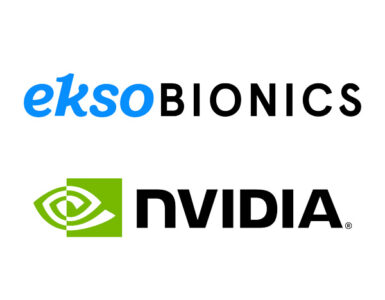
Telomir Pharmaceuticals (NASDAQ: TELO) announced new preclinical data showing that Telomir-1 prevented cellular aging in patient-derived cells from children with progeria—Hutchinson-Gilford Progeria Syndrome (HGPS)—an ultra-rare pediatric disorder that causes rapid biological aging in children.
Telomir-1 is designed to regulate intracellular metal ions, reduce oxidative stress, restore mitochondrial function, extend telomere length, reverse muscle loss, and reset age-associated DNA methylation patterns—all of which are critical biological pathways implicated in HGPS and broader age-related diseases.
In a statement, Dr. Angel, chief scientific advisor of Telomir, stated, “These results provide the strongest evidence to date that Telomir-1 is not only protective but also restorative at the molecular and cellular level. What’s especially promising is that the improvements we observed directly target the mechanisms known to drive disease progression in progeria – oxidative stress, metal toxicity, and mitochondrial instability. This level of functional rescue in actual patient-derived cells is highly encouraging as we move toward clinical translation. These studies come as further validation of the very promising results obtained previously in both nematode and zebrafish models of adult progeria.”
Erez Aminov, CEO of Telomir, commented, “These findings deepen our conviction that Telomir-1 can be a first-in-class therapeutic platform for rare aging syndromes and broader age-related diseases. By demonstrating the ability to reverse cellular damage in human progeria cells, Telomir-1 represents a potential breakthrough for children who currently have no real options beyond modestly delaying the inevitable. This work also lays the foundation for broader applications in neurodegeneration, metabolic dysfunction, and systemic aging.”






